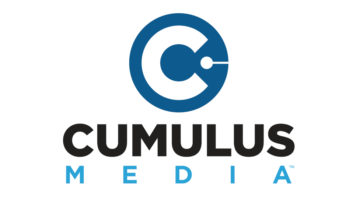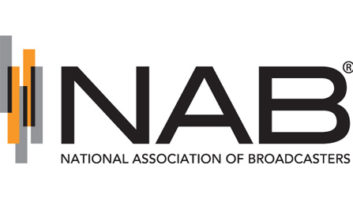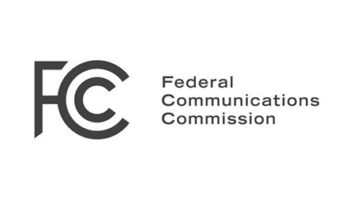The FCC announced action in five separate cases involving failure to maintain and make available a public inspection file and unauthorized operation.
Four of the fines have progressed from Notice of Apparent Liability to forfeiture.
In separate but related cases, James Rouse and The Minority Voice each face $13,000 penalties for respective North Carolina stations WTOW(AM), Washington and WOOW(AM), Greenville. In its decisions, the commission says the licensees filed renewal applications late and “engaged in unauthorized operation” after their licenses ran out.
Rouse wanted his fine reduced but the FCC said he operated WTOW for four months after his license expired and for almost three years after his first STA expired, so his unauthorized operation “was far more egregious” than similar cases. Rouse also owns The Minority Voice, licensee of WOOW. The commission said Rouse operated WOOW for four months after the license expired, another 14 months after the first STA ran out, and another 15 months after the second STA ended. Rouse said that a good compliance history should garner him a reduction or cancellation in both cases, but the commission didn’t agree.
Separately the commission fined Media East $12,000 for not maintaining and making available its public inspection file. During an inspection in March 2010, WLGT could not produce an inspection file with files dated later than 2006. The FCC also is requiring WLGT to submit a sworn statement certifying that it’s now complying with the public inspection file rules. It can seek to have the fine cancelled or reduced.
The agency also reduced fines for First Baptist Church station KCAS(FM), McCook, Texas, and Drexel University’s WKDU(FM), Philadelphia. The commission cut the fines by two grand each for past good compliance, but both still face $8,000 penalties for not maintaining their public files properly. Both licensees claimed financial hardship to have the fine cancelled or reduced. The agency rejected both claims, saying the church has enough money and Drexel didn’t submit the right documentation.
Drexel also claimed it shouldn’t be fined because no one ever asked to see the public file; the commission said that doesn’t matter.












